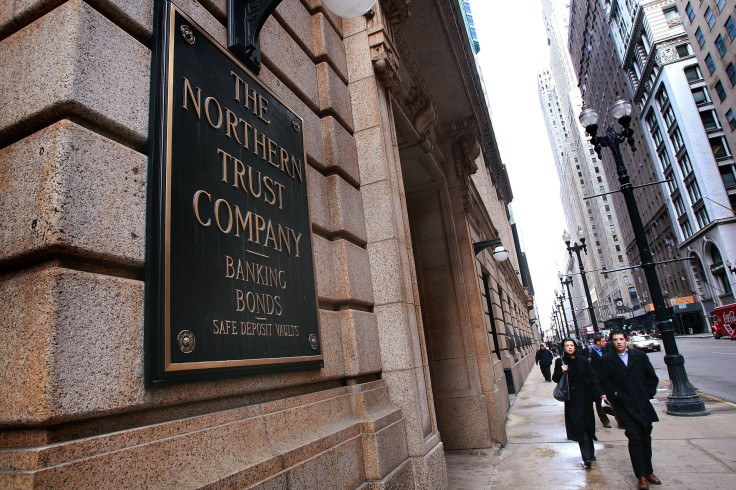Top Obama Official Gave Cash To Chicago Mayor Rahm Emanuel Despite Federal Pay-to-Play Rule

On the list of contributors to Chicago Mayor Rahm Emanuel's campaign war chest, this name at first glance does not stand out: Kelly Welsh handed over $5,000 in December 2012.
But additional details place Welsh at the center of a simmering controversy over potentially improper relationships influencing the investment of American public pension funds: The day he wrote that check, Welsh was a senior executive at Northern Trust, an enormous financial services firm that had contracts to invest money for the Chicago pension system. That appeared to conflict with the objectives of federal rules barring campaign contributions to municipal officials from executives at companies that manage municipal retirement funds.
Since then, Welsh has gotten a new job: He is today chief counsel at the United States Department of Commerce, a position in which he is presumably expected to take special heed of federal laws.
Welsh did not respond to requests for comment. Doug Holt, a spokesman for Northern Trust, where Welsh had been executive vice president and general counsel, said Welsh's contribution had been fully permissible, posing no conflict with the Securities and Exchange Commission's so-called pay-to-play rules.
Welsh is among at least 31 investment executives who contributed to Emanuel's mayoral campaign or political action committees that worked to elect him while their firms managed city pension funds. (See related story here.)
Welsh was nominated to serve as general counsel for the Commerce Department -- that is, in charge of legal compliance -- by President Obama in the fall of 2013, and he was confirmed by the U.S. Senate in April.
In December 2012, Welsh made his donation to Emanuel, who appoints trustees to the boards that oversee pension investment decisions. The SEC rule specifically bans financial firms from earning fees from public pension systems for two years after their top executives make political donations to public officials who can influence those pension systems. Yet city documents show Northern Trust was paid more than $1.4 million in fees by Chicago pension plans in the year after Welsh’s donation.
Whether or not Welsh and other Emanuel donors are subject to the SEC pay-to-play rule depends, in part, on whether they are "covered associates." The SEC defines “covered associates” as "any general partner, managing member or executive officer, or other individual with a similar status or function" at a company managing public pension money.
At the time of his donation to Emanuel, Welsh was listed in SEC documents as an executive officer of Northern Trust. Those SEC documents, which outline the company’s business operations, list the specific subsidiaries that manage Chicago pension money.
In a statement emailed to IBTimes, Holt said that Welsh served on the executive committee of the subsidiary’s parent company, and not the subsidiary itself. That status, Holt said, means Welsh was not covered by the pay-to-play rule. He also contended that Welsh was exempt from the rule because Northern Trust did not classify him as being covered by it.
“Unless an individual works for the investment advisor, which at Northern Trust is a separate legal entity within Northern Trust Corporation, or is designated as a ‘covered associate’ for the investment advisor, that individual is not subject to the rule’s limitations related to political contributions,” wrote Holt, who is head of Global Corporate Communications for Northern Trust. “Kelly Welsh was not an employee of the investment advisor and never designated as a ‘covered associate’ for purposes of the rule.”
© Copyright IBTimes 2025. All rights reserved.





















